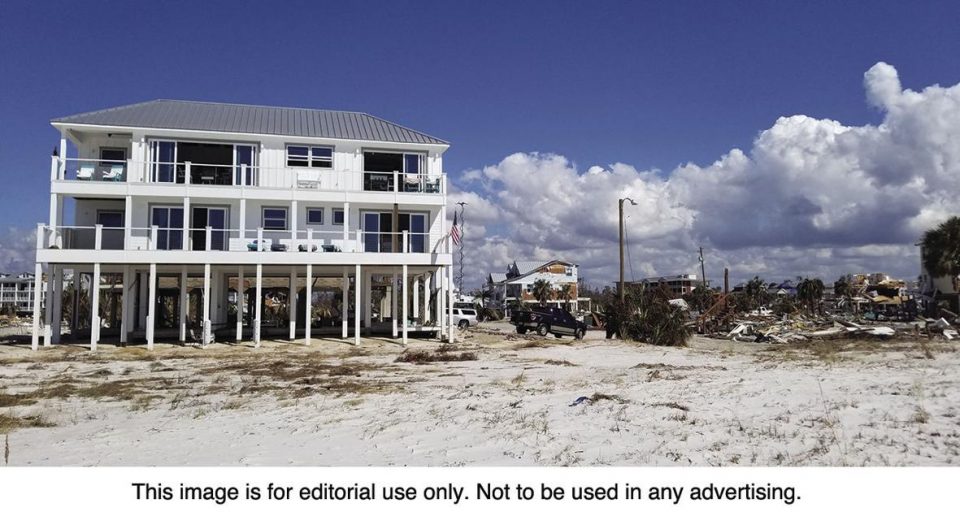Almost every part of America has some extreme weather to contend with – whether it’s hurricanes in the south or tornado alley in the midwest. But even if you’re lucky enough to live in a state that isn’t prone to frequent natural disasters, having a house that can stand up to the worst nature has to offer still has its benefits.
One of the best disaster-resilient materials on the market is insulated concrete forms (ICFs) from Nudura. The material can be used instead of wood for superior strength, safety and durability against extreme weather conditions. It also offers lower utility costs over the lifespan of your home.
Here are just some of the reasons to consider building your next home with disaster-resilient ICFs:
Concrete is tougher and less flammable than wood, so if there is a fire, you and your family will be much safer in an ICF home. Non-toxic, fire-retardant expanded polystyrene foam provides a fire protection rating of up to four hours.
ICF homes can withstand winds of up to 250 miles per hour, or an F4 tornado. In fact, a home that used Nudura ICFs was still standing in Florida after Hurricane Michael. This technology means even the strongest windstorm is unlikely to cause cold drafts, so you can enjoy a more comfortable indoor climate and will spend less on heating your home.
We’re increasingly feeling the effects of climate change, and this means more wildfires, floods and other natural disasters. When you build with ICFs, you can rest easy, as steel-reinforced solid concrete cores ensure that your family, belongings and home are safe and secure in almost any situation.


